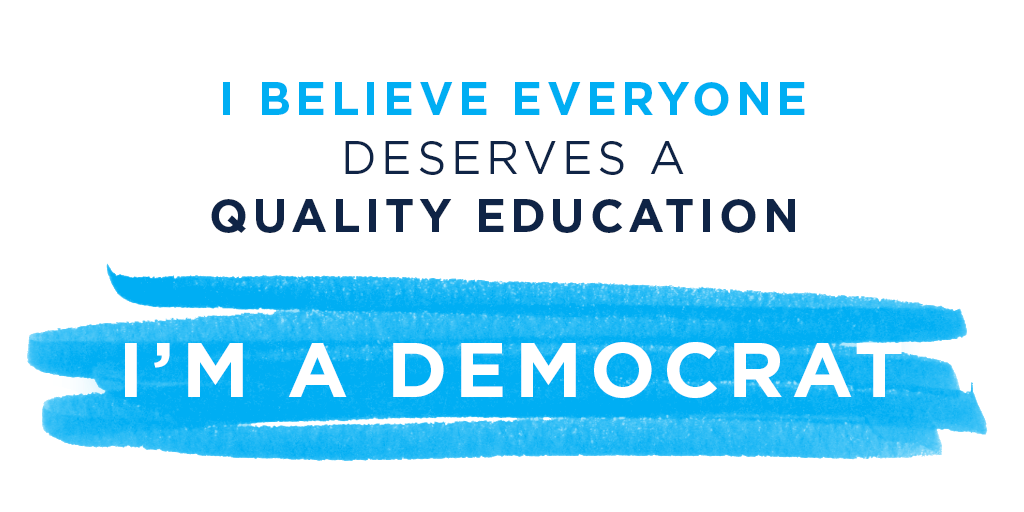In case there was any doubt left, Pope Francis made it clear that he shares little in common with U.S. conservatives.
The pontiff released his Evangelii Gadium, or Joy of the Gospel, attacking capitalism as a form of tyranny and calling on church and political leaders to address the needs of the poor.
 Christ Driving the Money Changers from the Temple (El Greco, Madrid)
Christ Driving the Money Changers from the Temple (El Greco, Madrid)
“As long as the problems of the poor are not radically resolved by rejecting the absolute autonomy of markets and financial speculation and by attacking the structural causes of inequality, no solution will be found for the world’s problems or, for that matter, to any problems,” the pope said in the 224-page document that essentially serves as his official platform.
Pope Francis said that inequality was the root of social ills, and prayed for world leaders with more empathy and sense of social justice.
“I am interested only in helping those who are in thrall to an individualistic, indifferent and self-centered mentality to be freed from those unworthy chains and to attain a way of living and thinking which is more humane, noble and fruitful, and which will bring dignity to their presence on this earth,” the pope wrote.
He also launched a broadside against former President Ronald Reagan’s signature economic theory, which continues to serve as conservative Republican dogma.
“Some people continue to defend trickle-down theories which assume that economic growth, encouraged by a free market, will inevitably succeed in bringing about greater justice and inclusiveness in the world,” Pope Francis wrote. “This opinion, which has never been confirmed by the facts, expresses a crude and naïve trust in the goodness of those wielding economic power and in the sacralized workings of the prevailing economic system.”
The pope lamented that people had “calmly accepted (the) dominion” of money over themselves and society, which he said was expressed in the recent financial crisis and the continuing promotion of consumer-based economies.
“We have created new idols,” the pope wrote. “The worship of the ancient golden calf has returned in a new and ruthless guise in the idolatry of money and the dictatorship of an impersonal economy lacking a truly human purpose. The worldwide crisis affecting finance and the economy lays bare their imbalances and, above all, their lack of real concern for human beings; man is reduced to one of his needs alone: consumption.”

